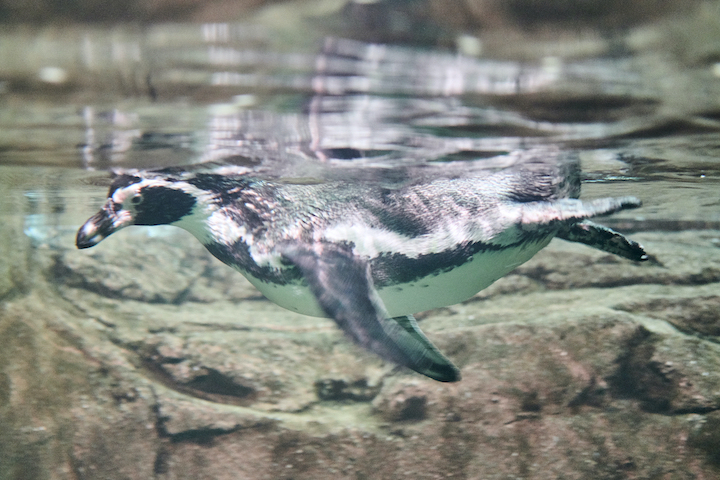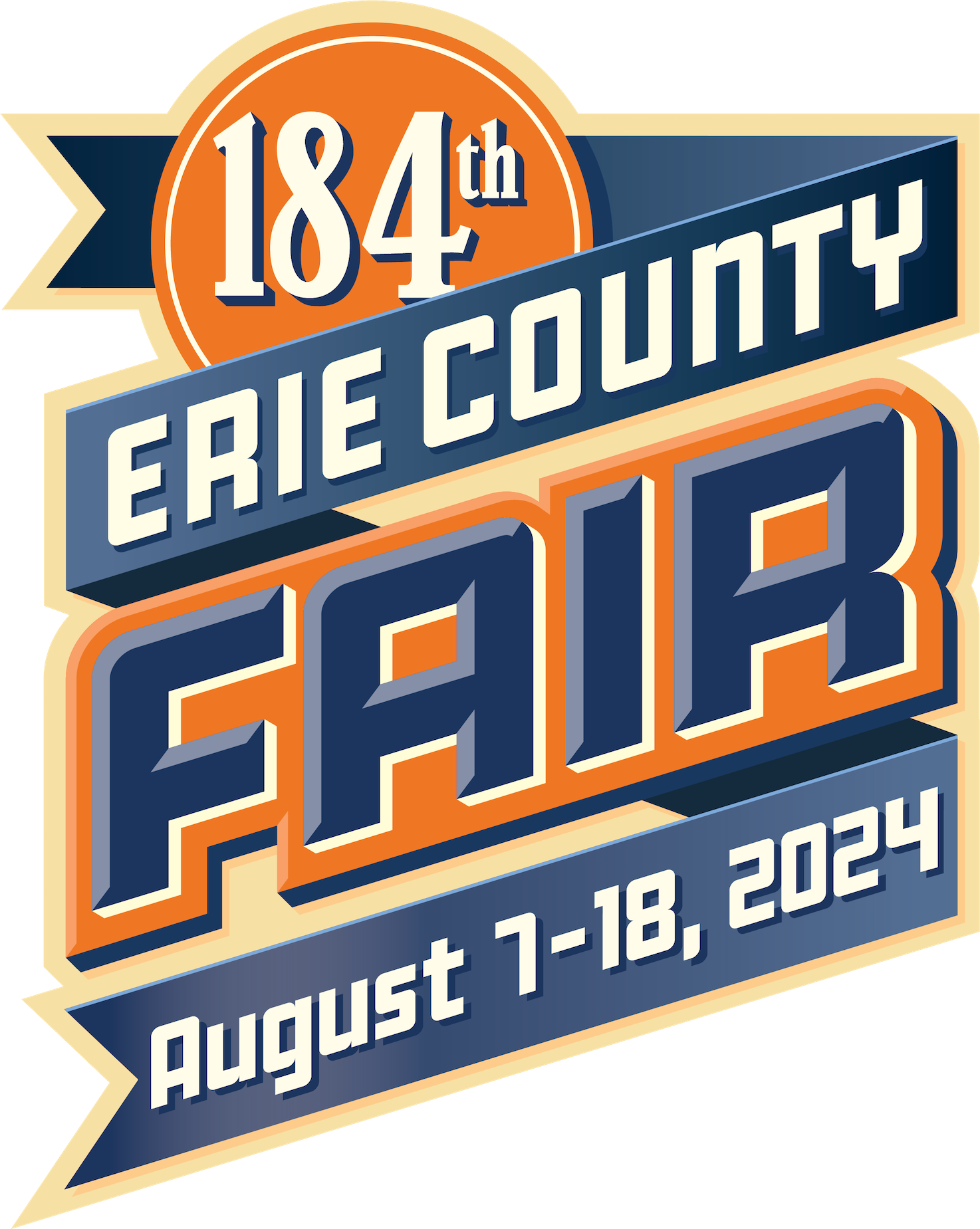Featured News - Current News - Archived News - News Categories
On Friday, New York State Assembly Speaker Carl Heastie and Environmental Conservation Chair Deborah J. Glick announced the Assembly passed an updated version of the Birds and Bees Protection Act, which restricts the use of neonicotinoid pesticides (A.7640, Glick).
“Neonicotinoids threaten the quality of our water and the health of our pollinators,” Heastie said. “With the passage of The Birds and the Bees Protection Act, the Assembly majority recommits to greatly limiting the use of this toxic pesticide.”
Glick said, “This important legislation targeting the use of neonicotinoids represents a significant effort to eliminate this dangerous pesticide from persisting in our environment. I commend all who have fought so hard in raising awareness of the harms linked to neonics, especially the decline in pollinators, and their efforts in making passage of this legislation possible.”
The elected leaders noted, “The Birds and Bees Protection Act would restrict the use of neonicotinoid pesticides on certain seeds, outdoor ornamentals and turf. It would also require the Department of Environmental Conservation, in consultation with the Department of Agriculture and Markets and SUNY College of Environmental Science and Forestry, to identify practicable and feasible alternatives to the use of neonicotinoid pesticides. (This) legislation is an updated version of a bill passed last month, and continues to protect pollinators.
“This updated Birds and the Bees Protection Act has also passed the Senate.
“In June 2020, Cornell University released a state-funded report that provided a comprehensive risk-benefit analysis of neonicotinoid insecticide use in New York state. The report found that the routine use of neonicotinoid-treated seeds does not consistently increase net income for New York field corn or soybean producers, and that neonicotinoid-treated corn and soybean seeds do not consistently increase expected net income compared to untreated seeds. However, the widespread use of neonicotinoid-treated seeds incurs risks for insect pollinators.”
New York Farm Bureau President David Fisher said the vote is “a step backward in protecting our environment and reducing climate impacts.”
“The vote to ban an entire class of pesticides and treated seeds is deeply concerning, especially because of the precedent it sets,” he said. “The Department of Environmental Conservation and its expertise should maintain the authority to properly review and register risk management tools, something the Legislature is stripping away.
“Seeds treated with neonicotinoids were designed to be safer and reduce pesticide use. While we share the same goal as supporters of the legislation, to always look for ways to reduce our environmental footprint, we believe the end result of this ban will force farms to revert back to spraying greater amounts of older pesticides, as well as increasing tillage to combat harmful pests, releasing more carbon in the soil and increasing the likelihood of soil erosion. This will only create additional environmental and climate issues for the state, moving us backward.
“New York Farm Bureau asks Gov. Hochul to do the right thing and veto the bill."





























